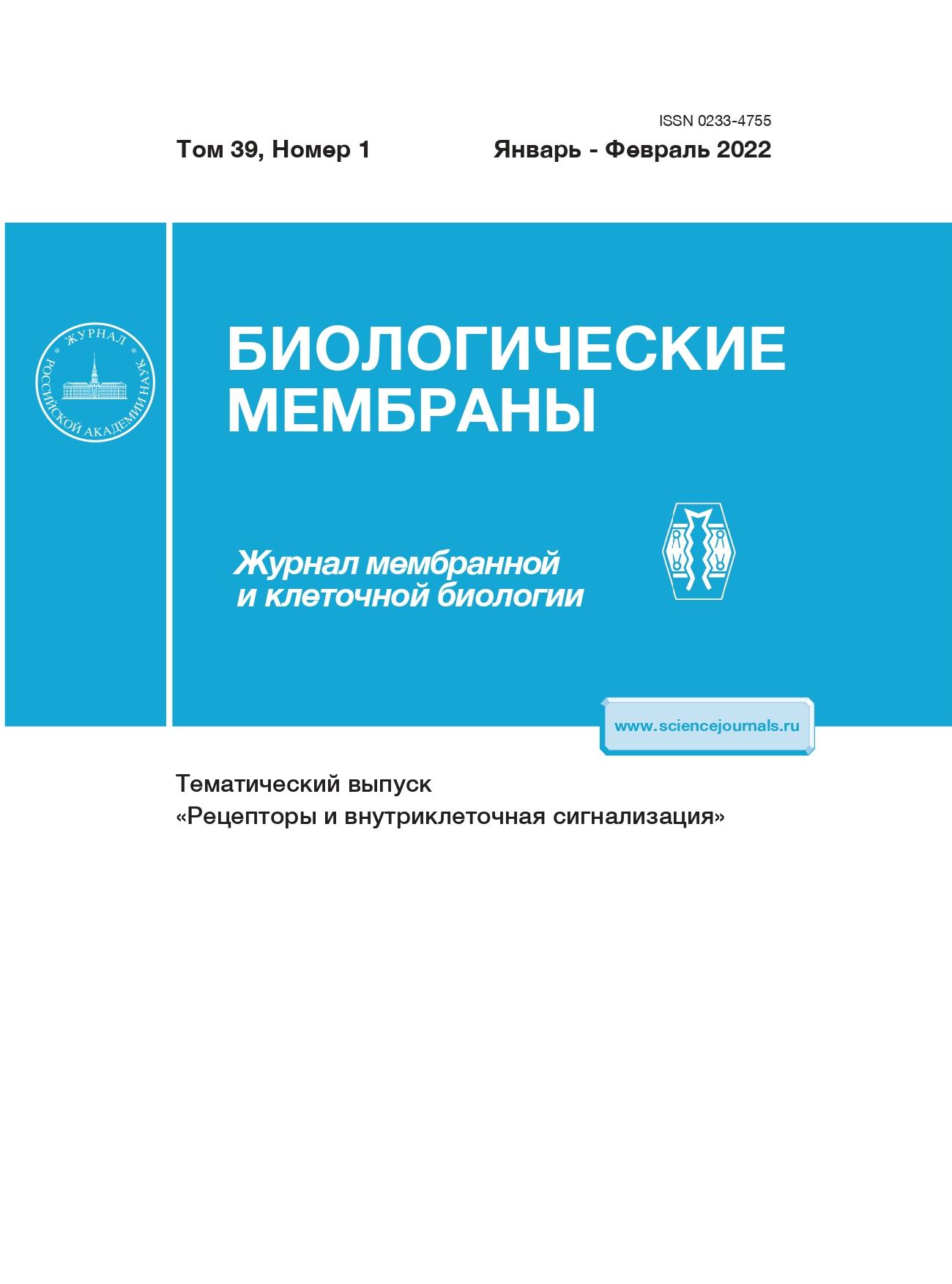
BIOLOGICHESKIE MEMBRANY
Journal of Membrane and Cell Biology

Journal of Membrane and Cell Biology
A. A. Gavrilenkova, D. A. Krivosheina, I. E. Deyev
Biochemistry (Moscow), Supplement Series A: Membrane and Cell Biology. 2025;19(1):41-45
Pages: 41-45
The extreme environmental conditions of the Arctic marine ecosystem, characterized by low temperatures, high pressure, and variable salinity, pose significant challenges to cellular homeostasis and membrane function in indigenous microorganisms. This study reports on the field trials of novel **lux-biosensors** during scientific expeditions to the Barents, Kara, and Laptev Seas. The primary objective was to assess the utility of these genetically engineered microbial sensors, which link bioluminescence to specific cellular stress responses, for real-time, in-situ monitoring of environmental toxicity and cellular viability. Methods involved deploying the biosensors in various water column depths and sediment samples, measuring changes in light emission as a proxy for membrane damage, oxidative stress, and metabolic perturbation in psychrophilic bacteria. Key findings indicate a strong correlation between reduced bioluminescence and elevated concentrations of heavy metals and petroleum hydrocarbons, suggesting a rapid and sensitive cellular response. Furthermore, the biosensors demonstrated superior stability and responsiveness compared to traditional methods under sub-zero conditions. This work validates the application of lux-biosensors as a critical tool for monitoring the cellular and membrane integrity of Arctic microbial communities, providing essential data for understanding the biochemical impact of climate change and anthropogenic pollution in polar regions.